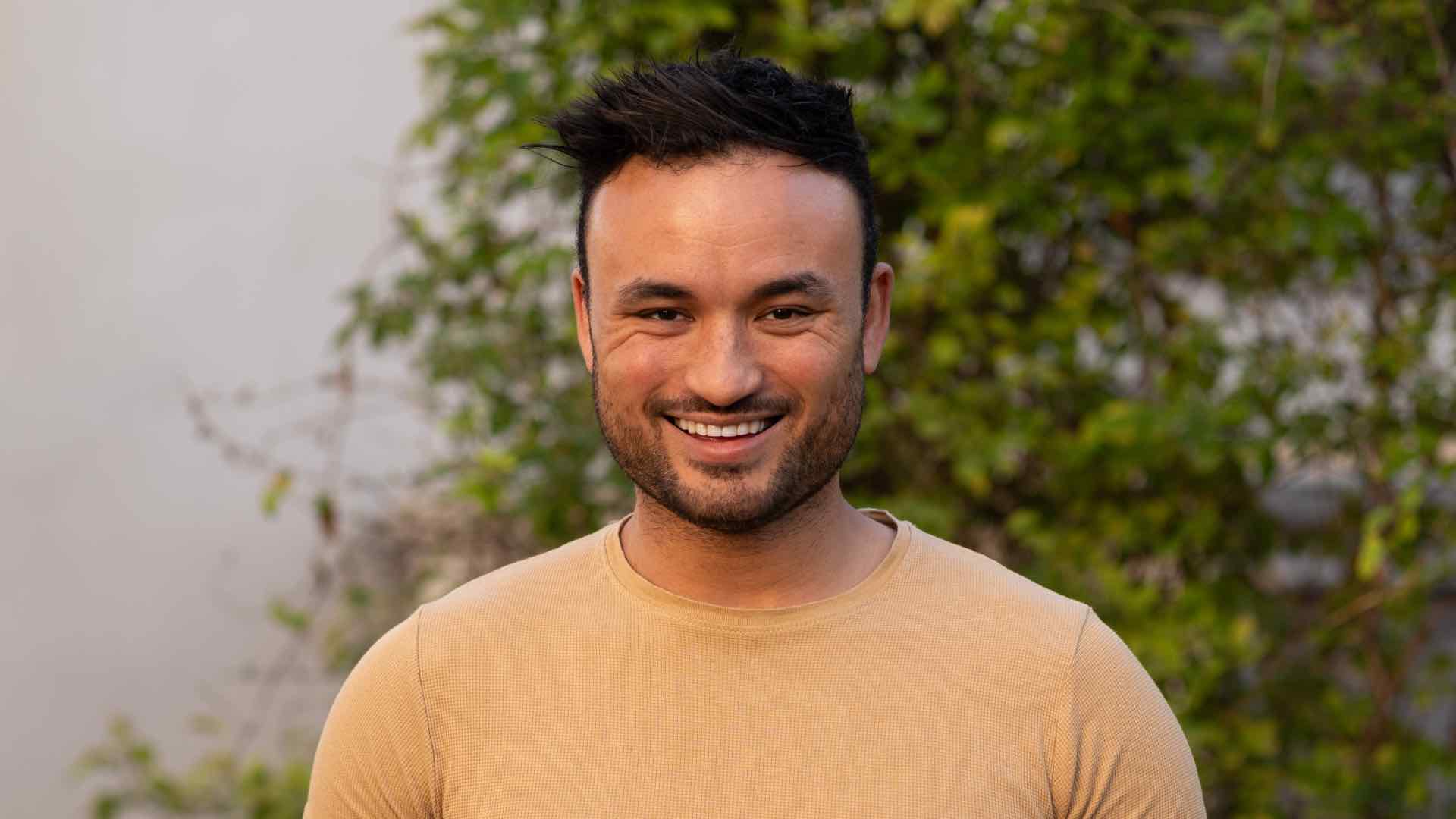‘Queer men like Joe Lycett dating women shouldn’t be shocking’
"As a bisexual man with a female partner and three children, I’m all too familiar with the reactions" writes Lewis Oakley in an op-ed
By Lewis Oakley

Joe Lycett has made headlines again — this time, not for one of his trademark pranks, but for a significant life update. He recently revealed that he has a girlfriend and that they have welcomed a baby boy together. The news spread quickly, sparking national media attention.
Alongside the congratulatory responses, there were also comments questioning how a queer man could be in a relationship with a woman, with Joe himself ‘troubled’ by people assuming he’s gay. As a bisexual man with a female partner and three children, I’m all too familiar with the reactions to queer people living in what some see as ‘heteronormative’ relationships. It’s a stark reminder of how society still has rigid expectations around queer identities.
Whenever I discuss my own life — how a bisexual man can have a female partner and raise a family — the reactions often include that familiar phrase: “I don’t care who you sleep with.” Yet, moments like these reveal that many people do care. The controversy and curiosity that follow a queer man revealing he’s in a relationship with a woman highlight just how deep-rooted these assumptions still are in 2024.
It’s important to acknowledge that these reactions aren’t exclusive to any one group. I’ve faced scrutiny from both gay men, who might question my choice of partner, and straight women, many of whom don’t see queer men as viable romantic partners.
A 2016 Glamour survey revealed that 63% of women wouldn’t date a man who’s had sex with another man, regardless of his sexual identity. Similarly, a 2019 YouGov poll found that only 28% of women would be comfortable with a bisexual partner. Statistics also show that bisexual men remain one of the most closeted groups within the LGBTQ+ community, which reflects the social pressures and fears associated with coming out. According to a report by Stonewall, just 36% of bi individuals are out to their friends and only 20% to their families, compared to 74% and 63% respectively in the gay and lesbian population. When broken down by gender, a study by PEW Research found that just 12% of bi men were out of the closet.
As a bisexual advice columnist I’m frequently asked about coming out, I often receive questions from bisexual men who fear that their openness about their sexuality will make them less attractive to women. I explored these issues in my book, Bisexuality: The Basics, discussing the pros and cons of coming out and the impact on dating prospects. The reality is, many bisexual men hide their identities well into adulthood, sometimes even after marriage, because they fear the social repercussions.
For bisexual and pansexual people, relationships take many forms. Some have only ever dated men, others only women, some pursue relationships with multiple genders or people who don’t identify with any gender at all. Yet, society often sees queer men in a single light — when I dated men in the past, people perceived me as gay. Now, when I’m out with my fiancée and children, I’m seen as a straight guy. Society tends to box us in based on who we’re with, unable to grasp that our sexuality isn’t defined by our partner.
That’s why these conversations are essential, even for those who say they “don’t care who we sleep with.” Changing perceptions is critical for making it easier for bisexual men to come out and feel accepted as potential partners, whether they’re dating men or women. This acceptance helps ensure that queer men don’t worry that their sexuality makes them less viable as partners and, equally, helps straight women feel comfortable seeing bisexuality/pansexuality as no big deal.
This is why visibility is so important. Men like Joe Lycett and myself serve as examples not only for other bisexual/pansexual men but also for women who may be interested in dating us. Seeing public figures and regular people alike openly living their truths helps normalise these relationships and expand perspectives. Hopefully, as more queer men feel comfortable coming out, we’ll see a future where “queer man in has a baby with a woman shock” is no longer headline news.
